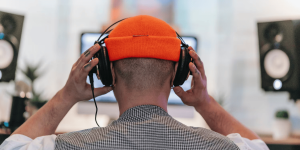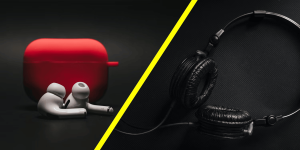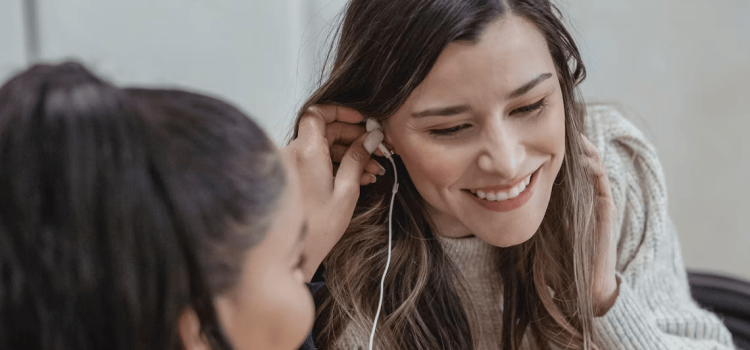
Can Listening to Audio via Headphones Cause Hearing Damage?
When it comes to the volume at which we listen to audio, our ears have a threshold that determines what we can hear. This auditory threshold is crucial for maintaining healthy hearing. Prolonged usage of headphones, particularly at high volumes, can push this threshold higher, making it harder to hear softer sounds. This phenomenon is supported by a 2016 study published in the American Journal of Otolaryngology, which highlights the correlation between extended audio device use and increased hearing thresholds.
A study back in 2007, featured in the Journal of Otolaryngology, also established that consistent use of personal listening devices can indeed impair our hearing function. This issue is particularly prevalent among adolescents and young adults who tend to listen to music for prolonged periods through headphones. A 2016 review in the International Journal of Audiology found that many young individuals surpass the recommended daily noise dose, especially in noisy environments, contributing to potential hearing damage.
Interestingly, the onset of hearing loss due to extended personal listening device use might not be immediately noticeable. The 2016 observational study highlights that it could take up to five years before any noticeable signs of hearing loss become apparent.
Hearing Loss Warning Signs
It’s important to recognize the signs of hearing loss so you can take action promptly. Some common warning signs include:
- Muffled or unclear voices and sounds in the environment.
- Persistent ringing or buzzing noises in the ears.
- Difficulty hearing or distinguishing between spoken consonants.
- Frequently asking others to repeat themselves or speak clearly.
- Increasing the TV volume more than usual.
- Struggling to hear high-pitched sounds.

Image by: https://www.makeuseof.com/how-headphones-impact-ears-prevent-hearing-damage/
Tips to Reduce Potential Hearing Damage From Headphone Use
- Turn Down the Volume: High volumes are a major contributor to hearing loss caused by headphones. Listening at lower, safer volumes can significantly reduce the risk of noise-induced hearing damage.
- Avoid Noisy Environments: Using headphones in loud surroundings often leads to cranking up the volume to drown out external noise. A 2021 study in the journal Medicine (Baltimore) found a strong link between headphone use in noisy environments and noise-induced hearing loss. Find quieter settings to enjoy your audio.
- Opt for Speakers: While headphones might not play music as loudly as speakers, their proximity to your eardrums intensifies the effect. Using speakers instead of headphones can relieve the strain on your ears.
- Invest in Noise Canceling Headphones: Noise-canceling headphones can be a smart investment. By reducing external noise, they enable you to listen at lower volumes while still enjoying your audio.
- Limit Usage Time: Alongside volume monitoring, it’s essential to manage the duration of headphone use. Even listening at slightly elevated volumes can become detrimental in as little as an hour, according to Harvard Health.

Image by: https://www.makeuseof.com/how-headphones-impact-ears-prevent-hearing-damage/
Does Choosing Headphones Over Earbuds Help?
Contrary to popular belief, the damage caused by personal audio devices isn’t dictated by whether you use headphones or earbuds. The critical factor is the volume reaching your eardrums. On-ear headphones and in-ear devices like earbuds impact long-term hearing similarly, as reported by the New York Times. Understanding this can guide your choice and help you make informed decisions.
Make Sure You’re Using Headphones Safely
To safeguard your hearing health, it’s essential to adopt safe headphone usage practices. Long-term misuse of headphones and earbuds can lead to hearing loss and other damage. By implementing simple changes, you can significantly protect your ears and enjoy your favorite audio for years to come.
Remember, while headphones enrich our audio experience, responsible usage is key to preventing hearing damage. Take control of your listening habits today for a healthier auditory future.










